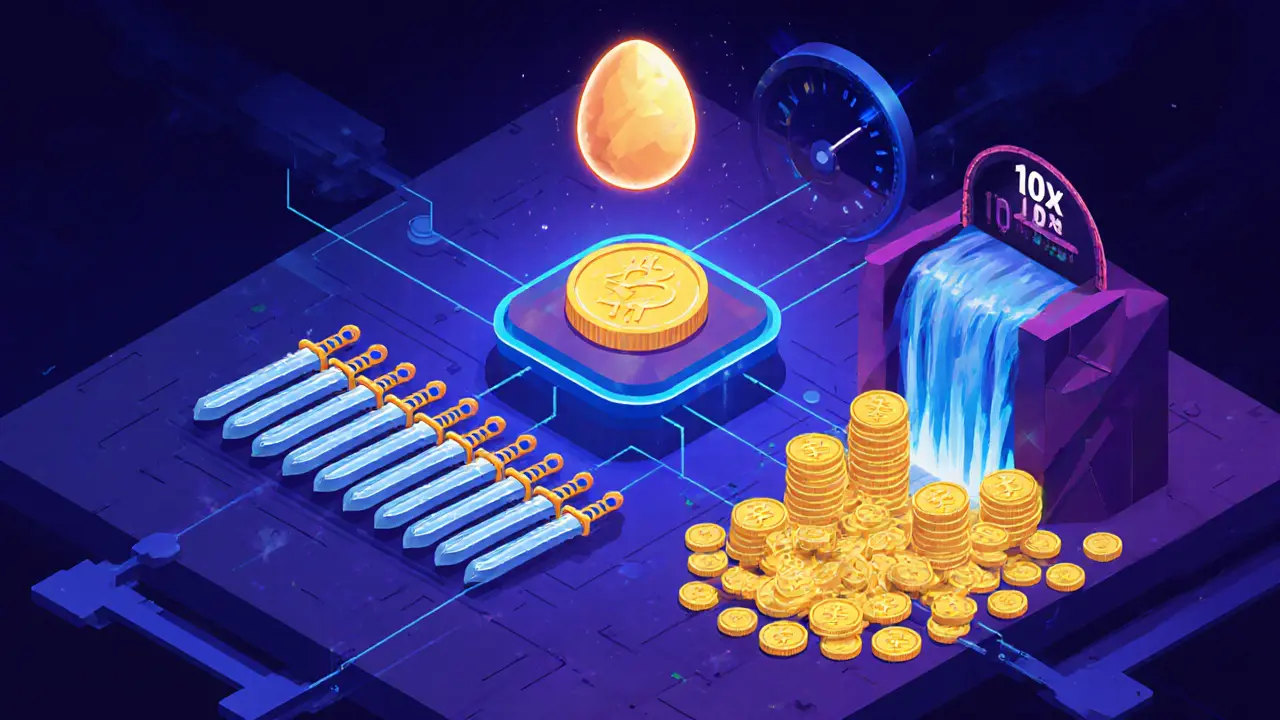Multi-Token Standard: What It Is and Why It Matters in Crypto
When you hear multi-token standard, a single smart contract that supports multiple types of tokens on one blockchain. Also known as multi-standard token contract, it’s what lets a project issue both fungible tokens and NFTs without needing separate codebases. Most people think of token standards as separate things—like ERC-20, the most common standard for interchangeable tokens like stablecoins and utility coins for payments and ERC-721, the standard that gives each NFT its unique identity for collectibles. But a true multi-token standard blends them. It’s not just about having both—it’s about letting them interact, trade, and share logic inside one system.
Think of it like a bank that handles cash, credit cards, and gift cards all through one app. You don’t need three different apps. That’s what multi-token standards aim for. Projects like Dego Finance and others have tried this, but most fail because they bolt on NFT features after the fact instead of building from the ground up. The real power? When a DeFi protocol lets you stake an ERC-20 token and get an ERC-721 reward that unlocks governance rights. Or when an NFT marketplace lets you pay fees in a utility token and still keep your NFT metadata intact. This isn’t theoretical—it’s what separates working ecosystems from ones that collapse under complexity.
But here’s the catch: most airdrops and token launches you see don’t use this. They just dump a single token type and call it a day. That’s why you see so many scams like the NAMA Protocol confusion or the fake DIVER airdrops—people don’t understand what’s actually on-chain. A multi-token standard isn’t a marketing buzzword. It’s a technical foundation. If a project claims to be "next-gen" but can’t explain how its tokens interact under one contract, it’s probably just another token dump. The posts below break down real cases: from how NFT metadata links to tokens, to why some exchanges can’t handle multi-token systems, to how storage like IPFS and Arweave plays into token reliability. You’ll see why some projects survive and others vanish—and how to spot the ones built on real standards, not hype.
ERC-1155: The Multi-Token Standard Explained for Developers and Gamers
ERC-1155 is a blockchain standard that lets one smart contract manage fungible tokens, NFTs, and semi-fungible assets together. It cuts gas fees by up to 90% and is now the top choice for blockchain games and complex digital economies.
learn more